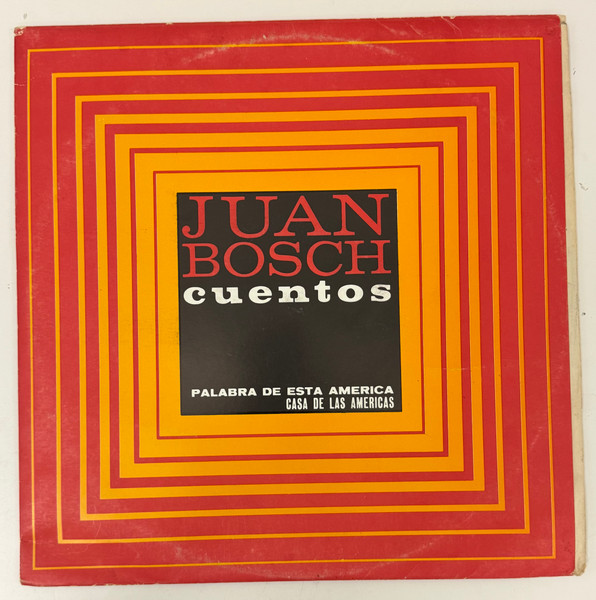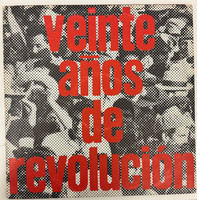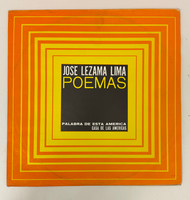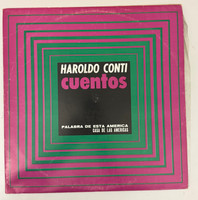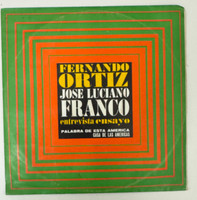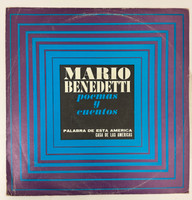- Travel
-
Exhibits
- La Portada Cubana
- Immortal Cuba: Artists Take on Their Heroes
- Seattle Poster Exhibit
- Sandra Dooley & Alejandrina Cué
- The Art of Wayacón
- Cuban Folk Art
- Cuba In Black And White
- 25 Years of Cuban Art Space
- Summer Folk Art Expo
- ¡SPRING AWAKENING FROM CUBA!
- Celebrating The Art Of Cuban Women
- Celebrating Paper, Affordable Art from Cuba
- Art of the Revolution
- Outsider Art
- Lost and Found
- En la lucha: Celebrating Cuban Women and Their Art
- Cuban Art Stash
- 100 Fires: 5 Cienfuegos Artists' Work on Paper
- Waya + Monte! Magic Realism in Cienfuegos
- Viva Cuba Viva! Poster Show
- Cultivando Sueños
- Black Lives Matter in Cuba Jan 9-March 27
- Leandro Soto: Crónicas visuales
- Cuban Canvas
-
Archive
- Global Reflection 2018: Spirit and Community
- Exhibit in the cloud: Contemporary Works on Paper
- MADE IN CUBA! MINNEAPOLIS EXHIBIT
- Cuban Posters and Photography from CCS collection
- AUTUMN SALE! Sept/Oct 2017
- SPRING ARTS AND CRAFT SALE
- Vuelo Directo/Non Stop: Alberto & Alejandro Lescay
- The Many Faces of Fidel
- Somos
- Made in Cuba!
- The US empire in Cuban graphics
- Made in Cuba/Seattle exhibit
- Entre Nos
- Looking Back
- Cuban Art Space
- Membership/Donate
- About Us
- Cuba News
-
Palabra de esta América was an important spoken word recording series produced by Casa de las Américas through their Centro de Investigaciones Literarias (Center for Literary Research) and Centro de Estudios del Caribe (Center for Caribbean Studies). The series documented Latin American writers reading their own works, preserving the authentic voices of the continent's most significant literary figures. Recordings were produced by EGREM (Empresa de Grabaciones y Ediciones Musicales), Cuba's state-run record label.
This 1979 release, number 28 in the series, features Juan Bosch (1909-2001), one of the Dominican Republic's most important writers and intellectuals. Born in La Vega, Bosch was celebrated as the most outstanding figure in 20th-century Dominican narrative, masterfully blending magical realism with social critique rooted in Caribbean rural life. His major works included the novel La Mañosa (1936) and short story collections Camino Real (1933), Dos Pesos de Agua (1941), La Muchacha de la Guaira (1955), and the essays Bolívar y la Guerra Social (1966) and De Cristóbal Colón a Fidel Castro (1970). Bosch wrote important essays expressing his deep concern for Latin American reality and social justice.
The album cover features a striking Op Art-inspired design of concentric squares that create an optical illusion of depth and movement. Bold red and orange/yellow squares tunnel inward toward a central black panel containing the album's typography. The design reflects the geometric modernist aesthetics popular in Cuban graphic design during the 1970s, using simple shapes and high-contrast colors to create visual impact. The hypnotic, pulsing quality of the concentric frames draws the viewer's eye inward, symbolically representing the act of listening deeply to Bosch's voice and stories.
The record contains Bosch reading three of his short stories: "Luis Pie" on Side A, and "Los Amos" and "En Un Bohío" on Side B. These stories exemplify his narrative style capturing Dominican rural life, social inequality, and the struggles of common people in the Caribbean countryside. The Palabra de esta América series preserved not just literary texts but the authors' own interpretations and vocal performances, creating invaluable audio documents of Latin American literary history.
-
-
Discover More at the Center for Cuban Studies

